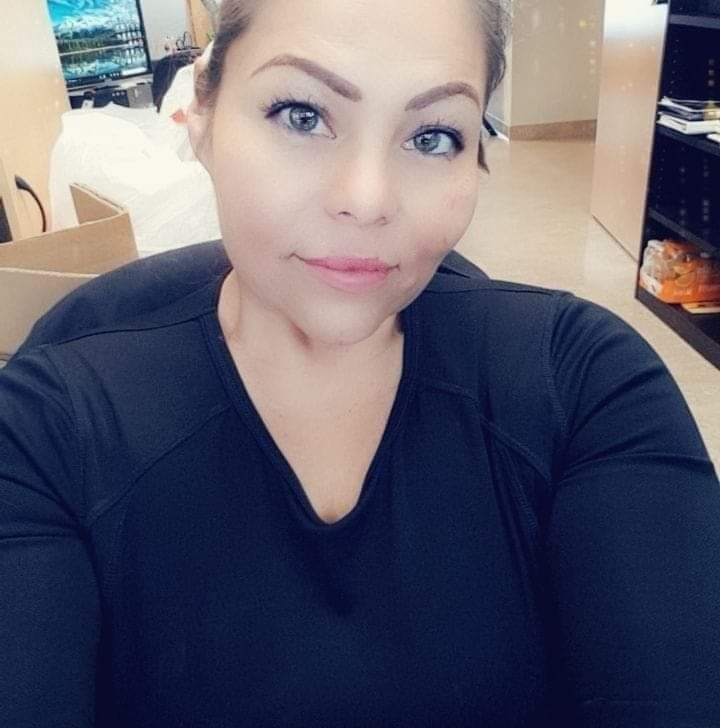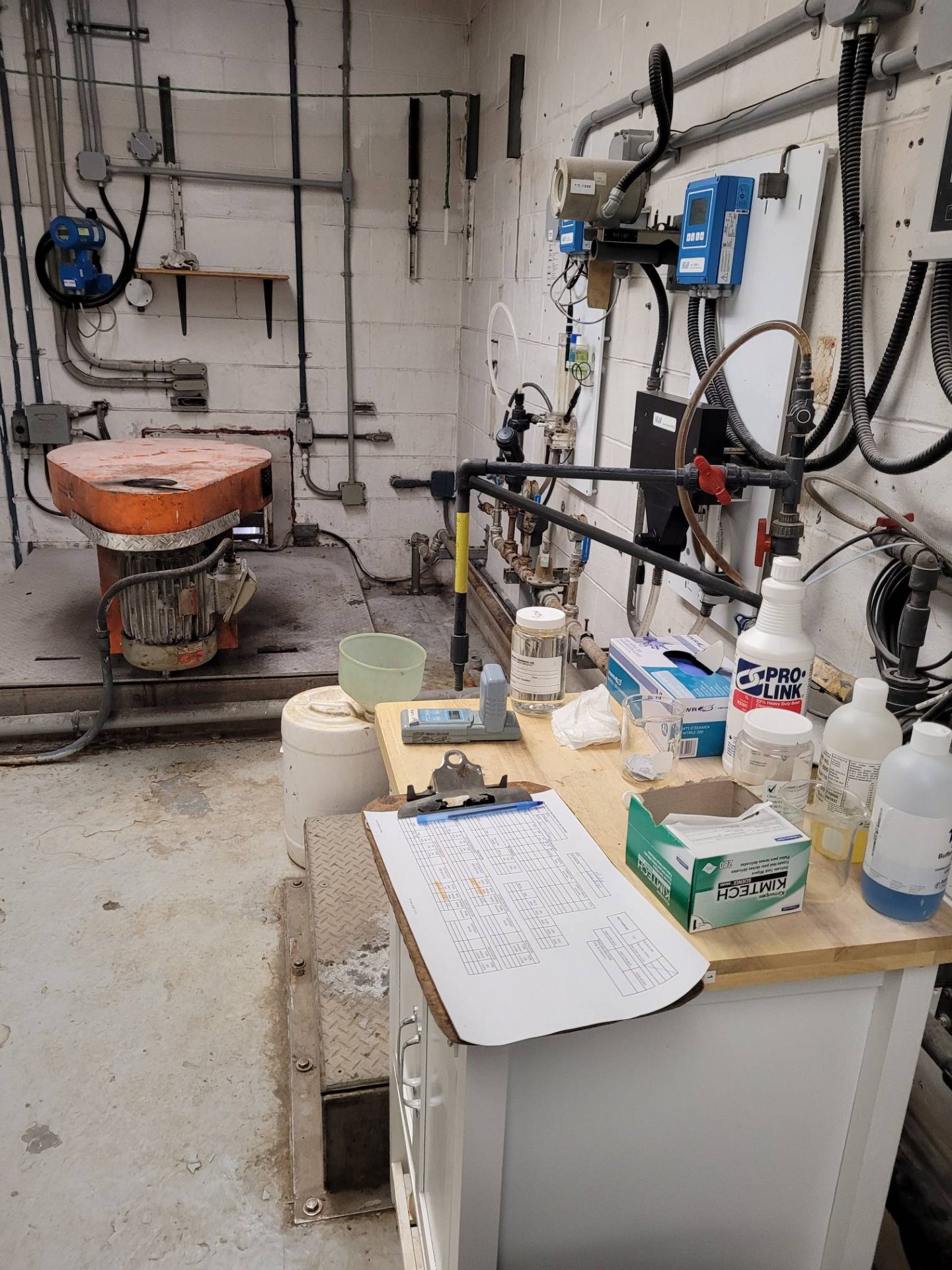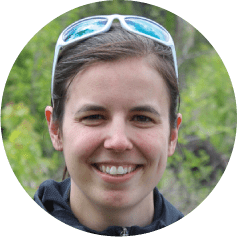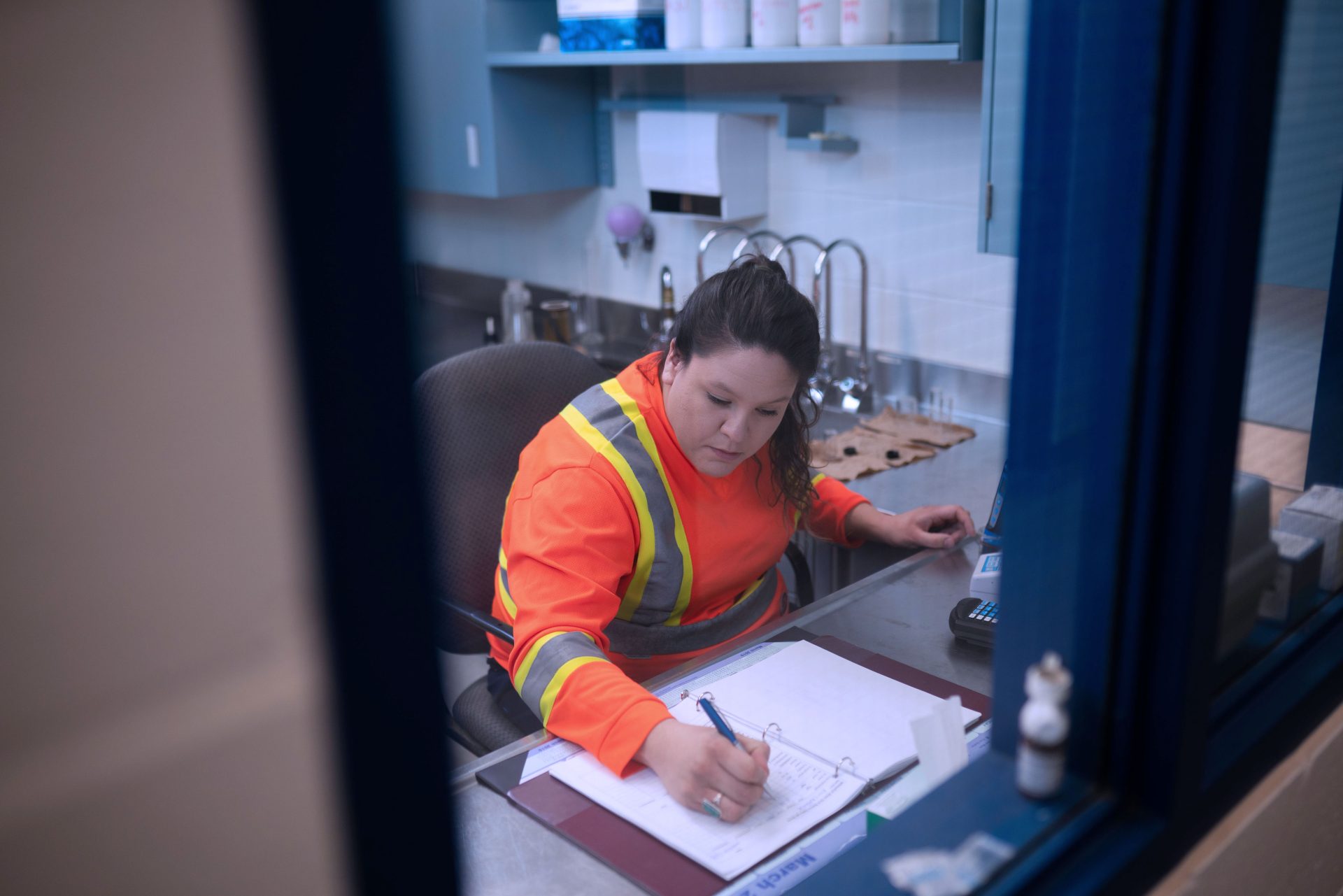Written by: Lori Corbiere, an intern from Wahnapitae First Nation in the Drinking Water Internship Program, and Kendra Driscoll, Water Quality Specialist at Water First.
Hello everyone, my name is Lori Corbiere. My spirit name is White Spotted Eagle Feather, I am the Eagle Clan. I’m 43 years old and I live in Wahnapitae First Nation. I used to be in the law enforcement field before I decided to change my field and work with water.
I believe water is the most important element that our bodies need in order to survive, WATER IS LIFE. I feel this was my true calling: to be a Water Warrior and make sure that our people and cities have clean water to replenish their bodies and lands, but we still need to save water for wildlife and wetlands.




Lori is currently a Water First Drinking Water Internship Program intern. The Internship is a 15-month training program where Indigenous adults complete training with Water First in topics related to drinking water treatment and are supported to write Ontario Drinking Water Certification exams. These certifications the interns achieve in the program are what all operators across Ontario must have to work in water treatment plants. When the interns aren’t in training and writing exams, they are working in water treatment plants learning the skills required to operate a plant and accumulating the on-the-job hours needed to become fully certified water treatment plant operators.
Some Indigenous communities, like Wahnapitae First Nation, do not have centralized water treatment plants, but the Internship Program can still be a valuable training program because it increases community capacity and water quality knowledge.
My Internship placement started in Wahnapitae First Nation, where I followed fellow co-workers around doing water sampling for the mines in our surrounding area, making sure that our water is safe for our people. Because our reserve does not have its own water treatment plant (all of us in Wahnapitae are on sandpoints and wells), I thought it was a great place to start my journey into becoming a water operator! Now I have the knowledge to see our surrounding watershed and where our water is coming from and where it’s flowing to. Cleaning the water at these mines is important before it’s discharged back to the waterways. That is why we test our water frequently throughout the week.
Even though I gained valuable experience sampling in and around my community, to become a certified drinking water operator, I need 1800 hours working in a water treatment plant. So, the City of Greater Sudbury agreed to take me on so I can start accumulating those hours towards my Class 1 certification!


When we approached the City of Greater Sudbury to see if they could host Lori at their plant. They agreed and were eager to support Lori to build her experience and accumulate the hours she needs to obtain her Class 1 Certification.
I am now at the Wanapitei Water Treatment Plant in Coniston, east of Sudbury, where the Plant is a Class 4 treatment plant. Sudbury isn’t the only city it takes care of: the SCADA (Supervisory Control and Data Acquisition) system reaches and maintains wells, pumps, and analyzers of different water treatment in our Greater Sudbury area, which goes as far as Onaping, Capreol, Markstay, Copper Cliff, etc.
Doing my placement here has been insightful and exciting, and I hope to learn lots on water treatment. All of the operators here are at different levels. Some are waiting to take Class 1, like myself, while others are Class 4 operators that have years of knowledge. Every operator here has their own unique way of running the plant, so it’s nice that I’m learning from these operators along with their little tricks to keep everything flowing nicely.
Maintaining water with the group of water operators here has made me feel that much more confident and compassionate in myself to continue my journey working with water. Their stories on how they became water operators were inspiring and I hope to someday inspire water operators of the future. I hope to tell them that not only am I learning from operators older or the same age, but some are younger than me and I don’t mind it at all. There is so much yet to learn here at the Water Treatment Plant and I have the advantage to learn from other operators on how they do their daily tasks keeping the water safe for everyone around us. So when you do your steps from surface water to water coming out of your taps there’s so much more happening to your water to make it drinkable.


Every community’s experience and relationship with water is unique. Not all communities have challenges. Not all have treatment plants. Not all challenges are caused or solved by a water treatment plant. A big part of the challenge is ensuring that communities have capacity, knowledge and technical skills to manage water, and to do that, training programs that specifically support Indigenous adults to gain this experience are essential. That is why it is so valuable for interns to gain experience in the treatment plans and learn about treatment technologies while they work. Gaining knowledge and hands-on experience with treatment technologies allows interns, like Lori, to work someday in their home communities if the opportunity arises, but also opens up job opportunities in other communities, tribal council hubs, or other related industries.


